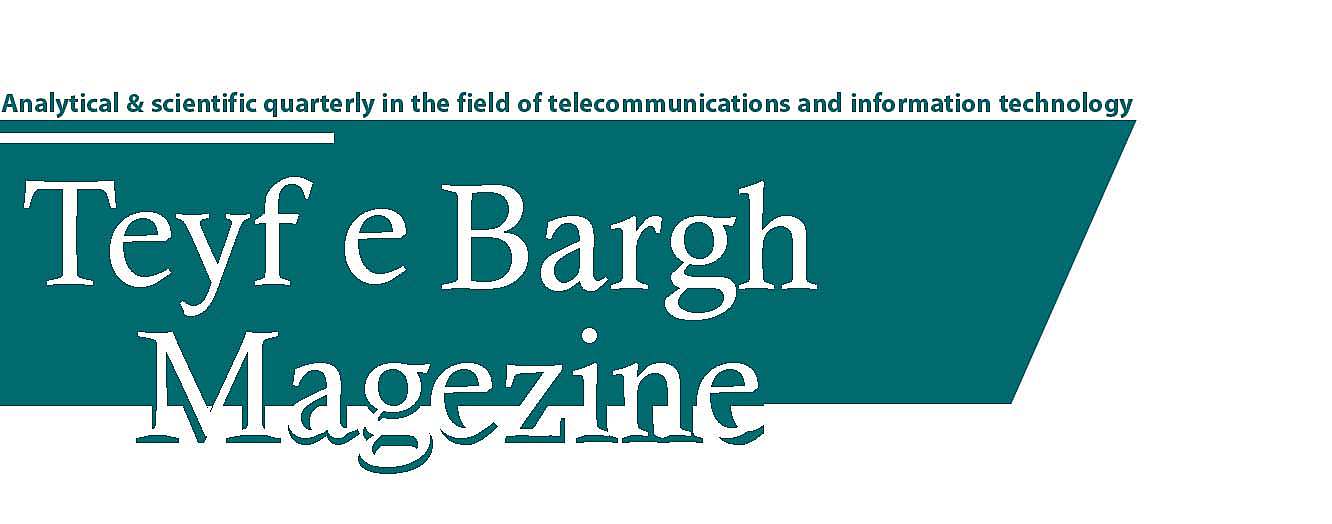In the digital age, knowledge management (KM) has evolved beyond traditional practices, merging human expertise with artificial intelligence (AI) to create dynamic ecosystems of innovation, efficiency, and informed decision-making. This article delves into the transformative role of AI in KM and emphasizes why human participation remains indispensable in this hybrid paradigm.
The Core of Knowledge Management
Knowledge management focuses on capturing, distributing, and effectively using knowledge within an organization. Traditionally, this involved manual processes like documentation, sharing best practices, and collaboration. However, with the proliferation of data and increasing complexity of global operations, AI has emerged as a powerful ally to scale and optimize KM efforts.
How Artificial Intelligence Enhances Knowledge Management
AI’s integration into KM systems has led to groundbreaking advancements, including:
-
1. Automated Knowledge Capture : AI-powered tools can automatically extract valuable insights from documents, emails, and meetings.
-
2. Smart Recommendations: AI uses machine learning algorithms to recommend resources or solutions tailored to user needs, improving decision-making.
-
Enhanced Collaboration: AI-powered platforms analyze user interactions and suggest connections or knowledge hubs to foster collaboration.
-
Predictive Analytics: By analyzing trends and historical data, AI provides foresight into market conditions, enabling proactive strategies.
-
Content Personalization: Intelligent systems ensure employees access the most relevant and up-to-date information.
The Irreplaceable Role of Human Participation
Despite AI’s potential, human involvement remains critical for several reasons:
-
Contextual Understanding : AI struggles to interpret complex human nuances, cultural contexts, and emotions that impact decision-making.
-
2. Ethical Oversight : Humans ensure AI systems operate ethically, avoiding biases and respecting privacy.
-
Strategic Vision: While AI identifies patterns, humans provide the creativity and strategic foresight to act on insights effectively.
-
Knowledge Validation : Experts authenticate and refine AI-generated insights, ensuring accuracy and reliability.
Challenges in Integrating AI and Human Efforts
While the AI-human partnership is promising, organizations often face challenges, such as:
– Resistance to Change: Employees may view AI as a threat rather than a tool for empowerment.
– Data Silos: Fragmented data sources hinder AI’s ability to generate holistic insights.
– Skill Gaps: Employees must develop new skills to collaborate effectively with AI systems.
Strategies for Successful Integration
Organizations can harness the full potential of AI and human collaboration by:
-
Fostering a Culture of Collaboration: Encourage open communication and cross-functional teamwork between employees and AI developers.
-
Investing in Training : Equip employees with the skills to leverage AI tools effectively.
-
Ensuring Transparency: Provide clear explanations of AI systems to build trust and understanding.
-
Implementing Agile Frameworks:Use iterative approaches to integrate AI into KM, allowing for continuous improvement.
The Future of Knowledge Management
As AI technologies continue to advance, the collaboration between human intellect and artificial intelligence will redefine the KM landscape. Organizations that strike the right balance between these two forces will thrive in the knowledge-driven economy.
By fostering this synergy, businesses can create a more connected, informed, and agile workforce capable of navigating the challenges of a rapidly evolving world.


No comment